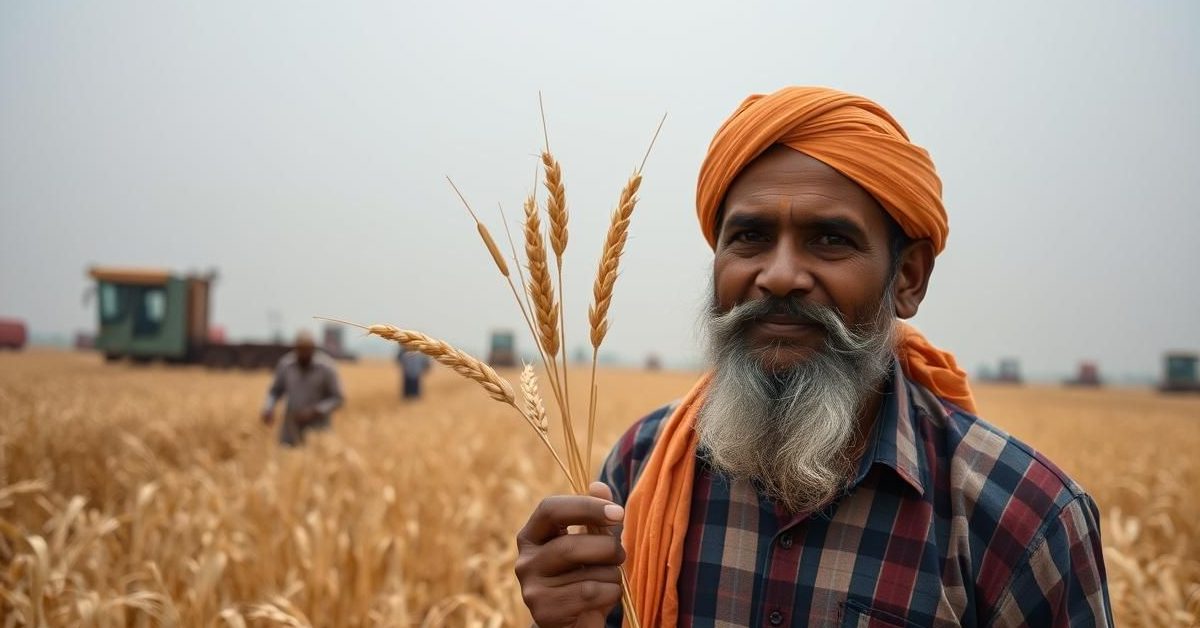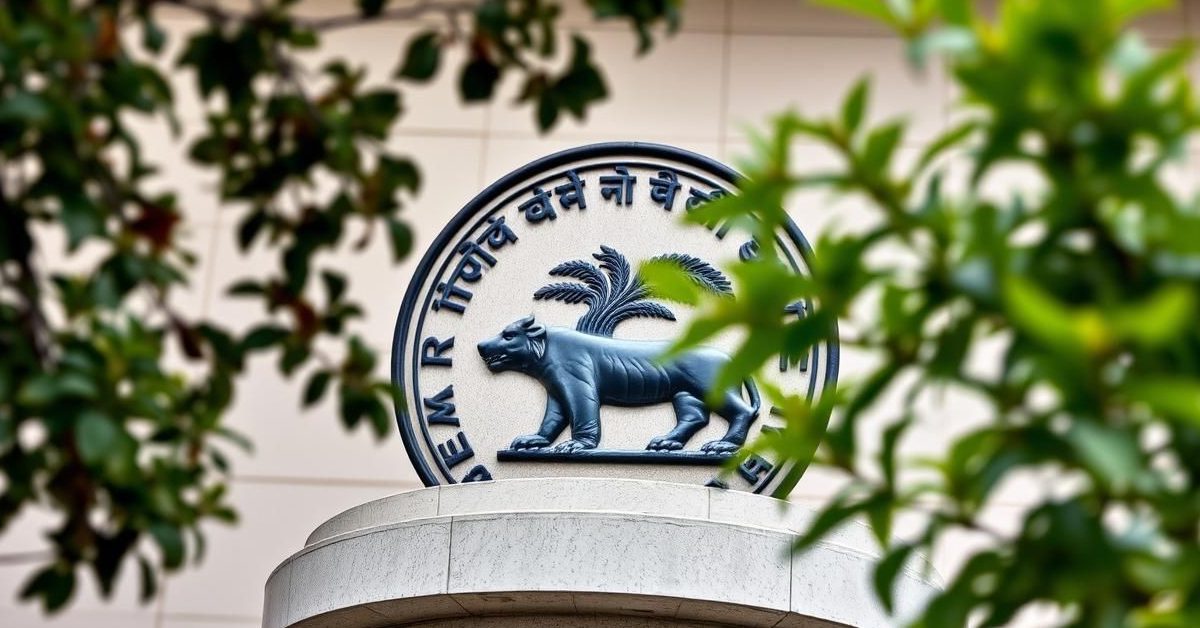An influential Indian farmers’ body has warned the government against including agriculture in a proposed trade deal with the United States, threatening widespread protests if their concerns are not addressed.
Farmers Urge Caution on US Trade Deal
The Indian Coordination Committee of Farmers Movements (ICCFM), a large network of farmer organizations across 11 states, is urging the government to keep all agricultural aspects out of ongoing trade negotiations with the US.
In a strong statement, the ICCFM warned that if the government proceeds with trade deals that ignore farmers’ interests, they will be forced to escalate their protests. They expressed hope that India would follow its previous decision to withdraw from the RCEP trade negotiations, citing a similar need to protect domestic farmers.
The US Subsidy Challenge
In a letter to Commerce Minister Piyush Goyal, the ICCFM highlighted the potential for severe consequences if duty-free access is granted to US agricultural products. The US has faced a trade war since 2018, leading to a significant drop in its agricultural exports, and is now looking for new markets.
The farmers’ body noted that the US agricultural trade deficit has nearly doubled, indicating a massive surplus that could be offloaded onto countries like India. For instance, US soybean exports fell significantly from $34.4 billion in 2022 to $24.5 billion in 2024, with corn exports also seeing a sharp decline.
A major concern is the staggering level of subsidies provided to American farmers. The 2024 US Farm Bill alone allocates an estimated $1.5 trillion in farm subsidies. These immense supports not only restrict agricultural imports into the US but also enable American products to be exported at artificially low prices.
Allowing such heavily subsidized US imports into India, the ICCFM argued, would directly undermine India’s long-standing position at the World Trade Organization (WTO) against these very subsidies.
Key Sectors Under Threat
Dairy Industry at Risk
A recent report by the State Bank of India (SBI) echoed these concerns, cautioning that opening India’s dairy sector to US imports could result in an annual loss of Rs 1.03 lakh crore for Indian dairy farmers. The report suggests milk prices in India could plummet by at least 15%, severely impacting the livelihoods of small dairy farmers due to the heavily subsidized US dairy industry.
Edible Oil Concerns
The ICCFM also pointed to the edible oil sector, noting that the US is the world’s third-largest exporter of soybean oil. India, once self-sufficient, now imports nearly 70% of its edible oil requirements due to previous trade policies.
A recent decision to halve the import duty on crude palm oil, soybean oil, and sunflower oil from 20% to 10%, citing inflation, primarily benefits large importers rather than domestic farmers. The farmers’ body stresses that India has the capacity to produce more edible oil, and lowering import duties only harms domestic cultivation.
A Question of Fair Play
The farmers’ body also criticized the US for challenging India’s modest support to its farmers at the WTO, citing alleged violations of rules. This comes despite the US itself providing vastly larger subsidies to its own agricultural sector.
For example, the US Farm Bill of 2019 allocated $867 billion in subsidies, while an OECD study showed that Indian farmers received negative support between 2000 and 2016. Farmers argue there is no level playing field.
- Indian farmers’ body warns against including agriculture in US trade deal.
- Concerns focus on highly subsidized US agricultural products entering India.
- Dairy and edible oil sectors are particularly vulnerable to increased imports.
- Farmers threaten intensified protests if their demands are ignored.
The ICCFM maintains that India must prioritize its small-scale producers who feed the nation, urging the government to learn from past trade agreement experiences and protect its domestic agricultural backbone.














